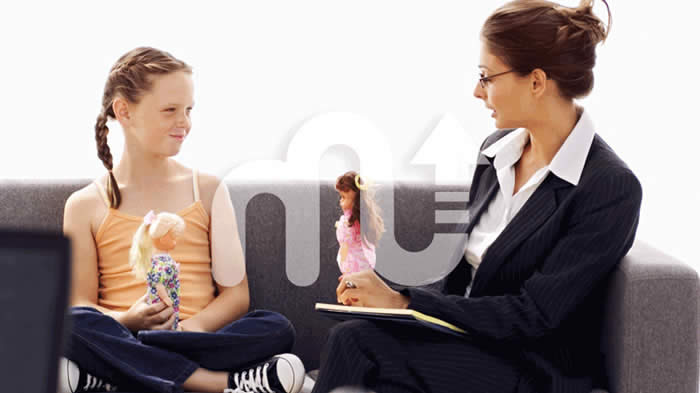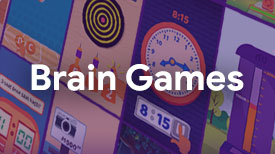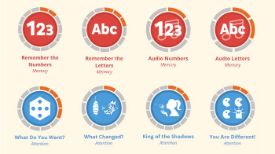WHAT DOES PEDAGOG MEAN? WHAT IS THE AREA OF EXPERTISE OF PEDAGOGY?
WHAT DOES PEDAGOGY MEAN?
Pedagogy is the science that specializes in the area of children which involves the study of emotion, mental and social development of children. Those who are specialized in pedagogy are called pedagog. Let’s see in detail below what exactly pedagogs do, and what pedagog means.
WHAT DOES PEDAGOG MEAN
Pedagogs are specialists who follow the mental development and psychology of children and create solutions as a consultant for possible problems.
TOGETHER WITH THIS;
not only for the matter of psychological problems but they are also guiding for parenting properly in terms of physical, mental, social and emotional ways.
IN WHICH CONDITION SHOULD I GET A PEDEGOG SUPPORT?
- If the child lies
- If the child cannot learn to share
- Fighting with siblings
- Game or technology addiction
- Stubborn child
- Nutrition habits
- Educational problems of the child
- Failure to acquire sleeping habits
- Eating problems
- Adaptation problems (non-adapted)
- Toilet training and etc.
You may prefer to receive a pedagog counselling when there is not exactly a problem as well, as you prefer to consult on a pedagog when you have an actual problem. So, this is quite normal to want to get pedagogical support for your family and children, in order to prevent the need for a psychologist or a psychiatrist in the future for your child.
REMEMBER: Pedagogs may notice the problem children may have according to different details that their parents cannot realize (or they think that it is normal), and they may apply various tests for this purpose. For instance, attention problems come out when children start to go to school. If you are receiving pedagogical guidance and counselling, you can make get detected by pedagogs earlier of various problems seen in children commonly such as attention problems. This is another important detail of the importance of pedagogues.
There are even dozens of books in the world on this subject by the expert child psychologists and pedagogs. For instance, Dr James Dobson gives very important information to families with his books. He contributes to awareness of parents and educators on the topic of child psychology and child health.
Even if you do not need you do not need any pedagogical advice or you are not thinking about getting pedagogy support, we recommend you to follow social media accounts of expert pedagogs specializing in child development. They share many important and practical tips ;)
Pedagogs are a consultant on these subjects. On the other hand, while child psychiatrists are responsible for treating mental problems by using medical methods, child psychologists use therapy method for children problems.
Therefore, pedagogues and psychiatrists-or psychologists-should work together when recommendations and guidance are thought to be inadequate.
Which Fields are Pedagogues Working?
1- Education: They conduct studies to make education processes more efficient in schools. They suggest correcting any mistakes in education subjects, materials, or in general processes. In addition to these, they seek solutions for children's problems related to school (being non-adapted, failure, unwillingness, disciplinary actions), and guide them.
2- Adaptation related to intelligence levels: In rare cases such as superior intelligence or mental deficiencies, they examine children and try to find solutions to adaptation problems.
3- Learning problems: They work to overcome the problems that can prevent learning like attention deficit in children.
4- Family counseling: They provide guidance for the parent-child relationship.
5- Training and education: They have responsibilities such as leading children to positive behaviors, prepare them for life, and keep children away from negative behaviors.
6- Expert: They have responsibilities such as affecting decisions made at official institutions, preparing reports.
WHAT IS PEDAGOGY, WHICH PRODUCTS ARE PEDAGOGICAL?
The products that contribute to cognitive development of children and are prepared for child education and child psychology are called pedagogy products. All works on this area are pedagogy works and all tools that have been used are called pedagogy tools. As an example of pedagogy products, the MentalUP Educational Games application is one of them.
MentalUP contains pedagogy games that improve children's attention, memory, and concentration skills. It also support their visual, verbal, and mathematical intelligence development with effective mental exercises. Pedagogical games empower children's analytical thinking skills.
All these features of MentalUP have been observed and it is awarded by a PEDAGOGICAL PRODUCT CERTIFICATE. MentalUP is very economical for the people who want to try it compared to the other educational pedagogic products.
When you try it, you will also have a chance to benefit from the important statistics about the intelligence potential of your children that MentalUP provides.
PEDAGOGY SUBTYPES AND AREA OF SPECIALIZATION
When it comes to children, pedagogy works also require specialization. Just as doctors have special areas (neurology, urology, gynaecology, etc.), pedagogues also have areas of expertise.
There are;
- Educational pedagogy: It is the field where pedagogues are most needed. They work to make the education system and processes better.
- Transcultural Pedagogy: It examines the effects of the cultural factors on children.
- Orthopedagogy: It deals with children who have psychological problems.
- Anthropedagogy: It examines the historically important events about pedagogy, famous pedagogues, and their pedagogy works and then compares and makes deductions with today's pedagogy.
WHICH GRADUATE DEGREE IS NEEDED TO BECOME A PEDAGOG?

For the degree of pedagogy, there is college or university graduate degree programs in Education and Human Sciences Faculties around the world. They are mostly pedagogy departments.






